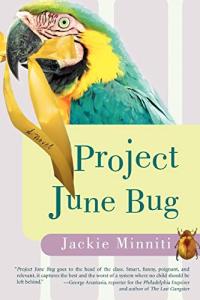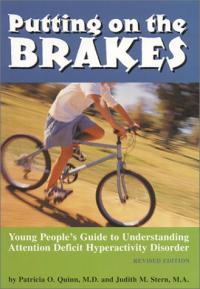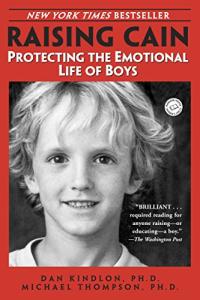
Overcoming Underachieving: An Action Guide to Helping Your Child Succeed in School
In Overcoming Underachieving two nationally recognized experts in children’s school problems show you how to become your child’s advocate, coach, and guide through the educational process. Using numerous case examples, they help you pinpoint your child’s unique learning patterns and the problems that interfere with learning, behavior, and achievement. This information-packed book provides dozens of creative, parent-tested tools to help your child overcome difficulties with reading, math, handwriting, study skills, memorization, attention span, and many other problems that affect school success.








